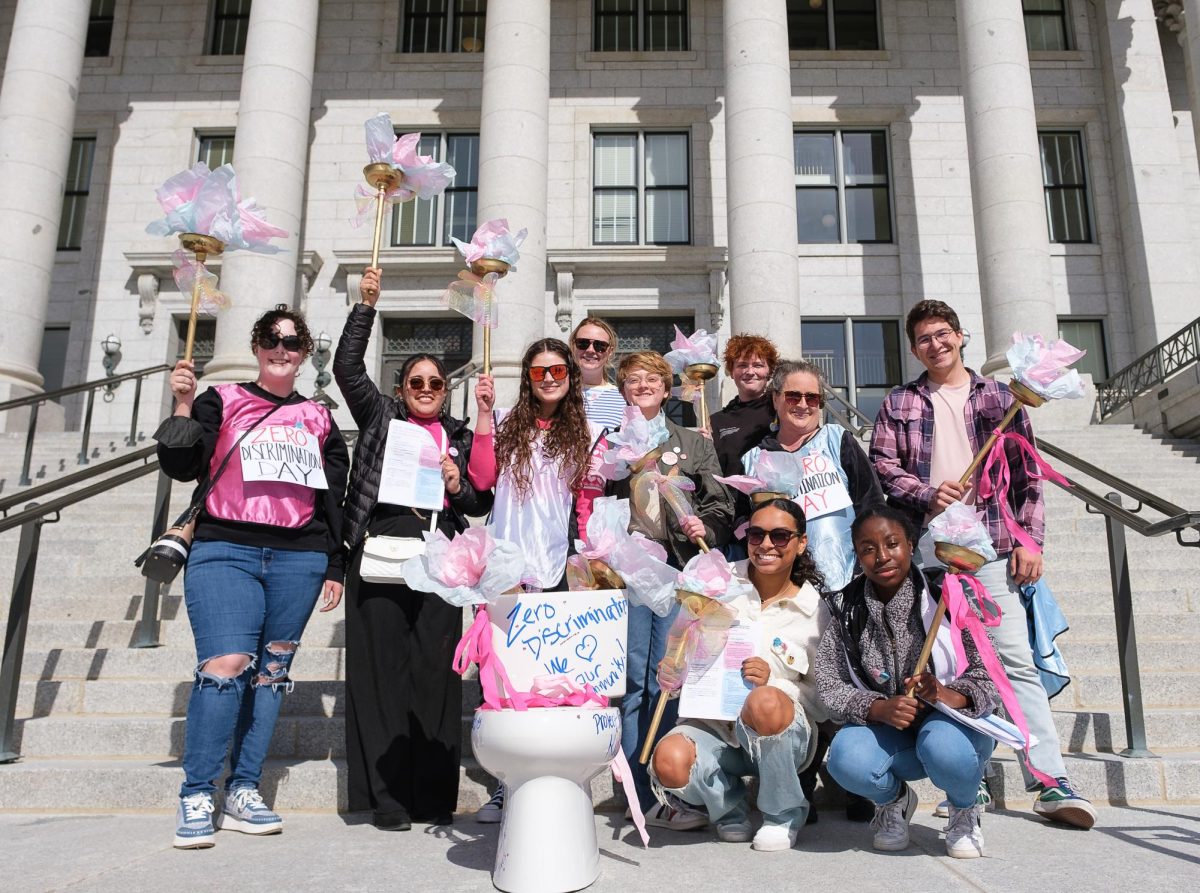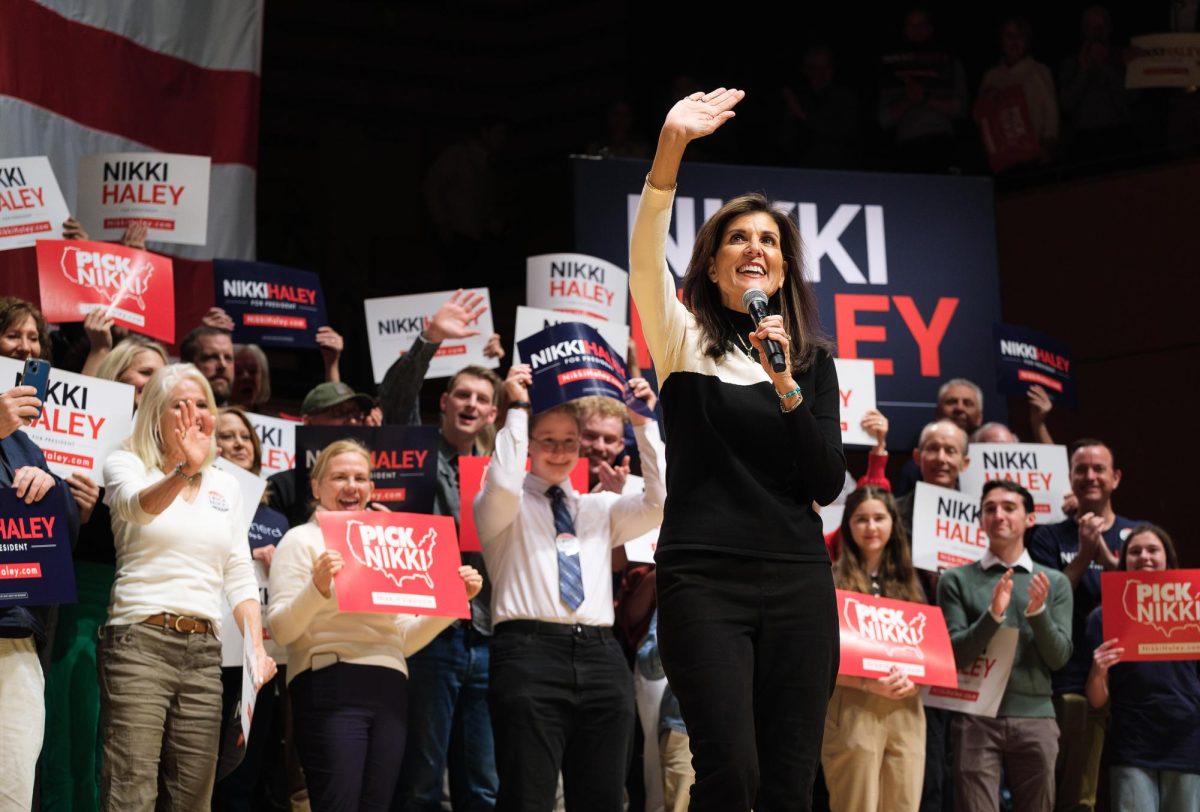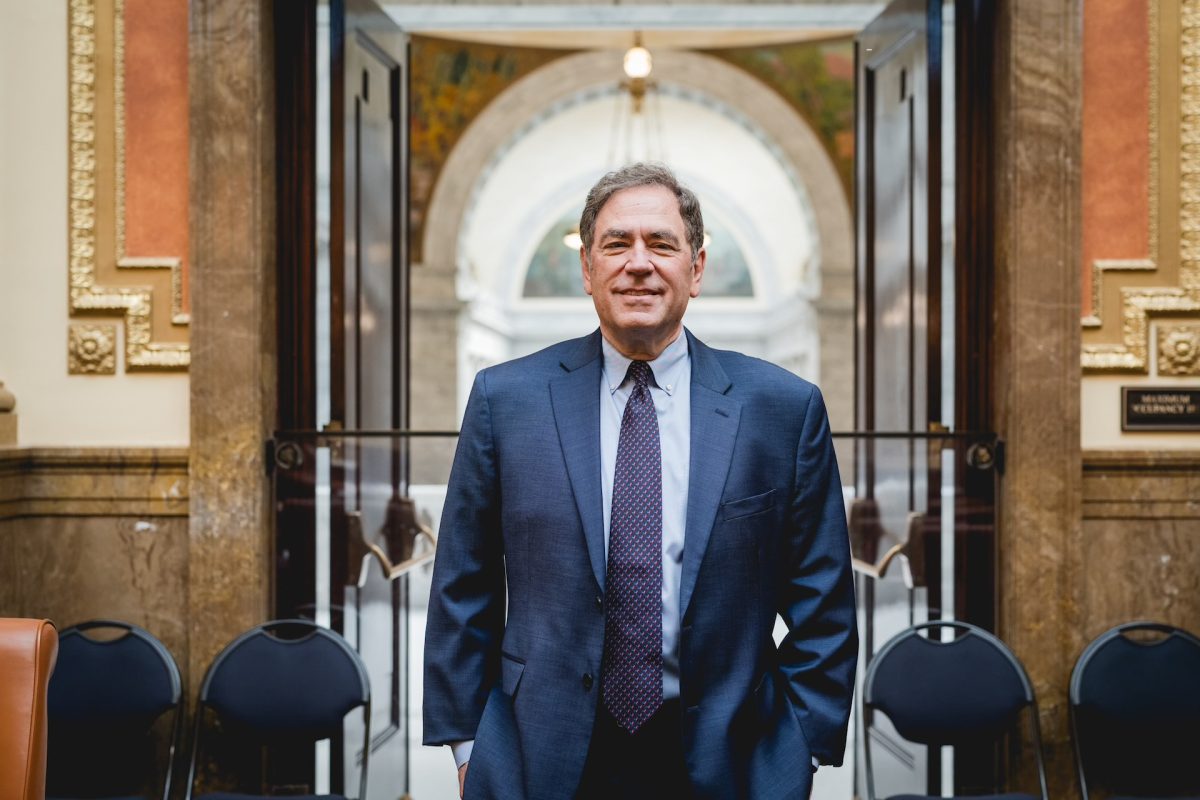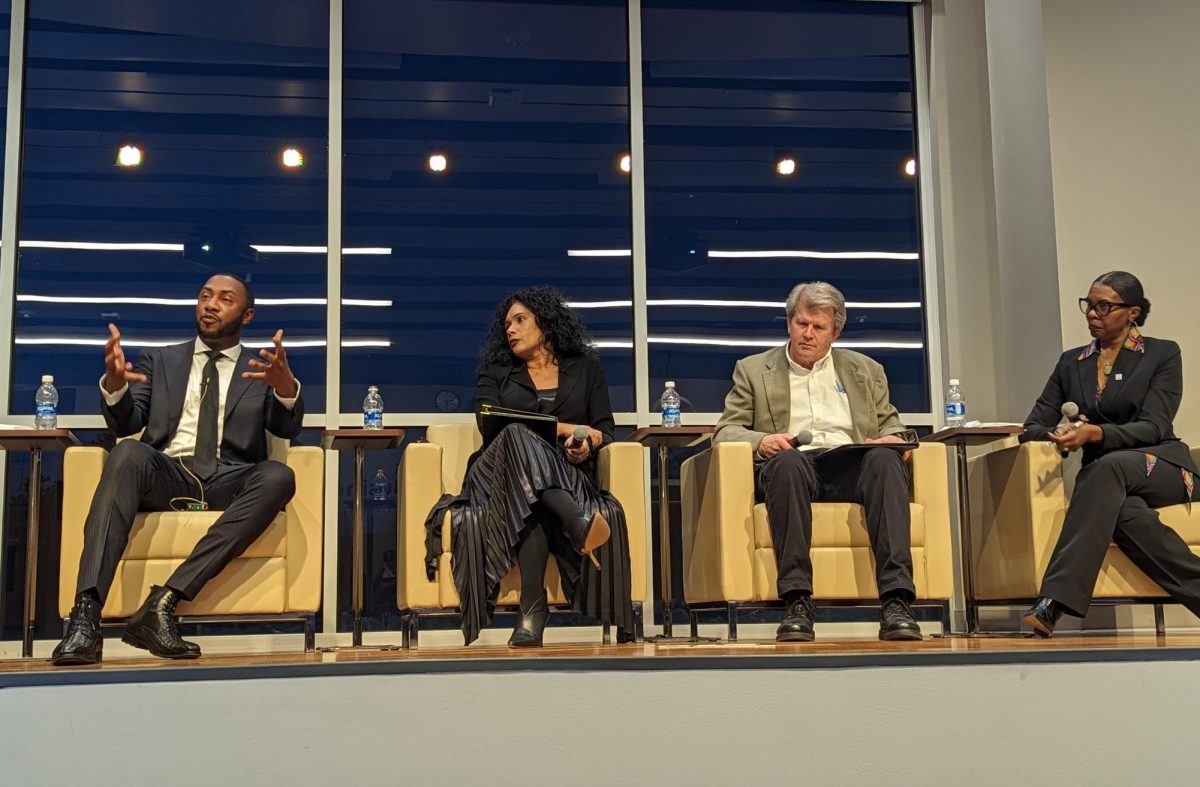[vc_row][vc_column][vc_column_text]Utah is home to one of the largest LGBTQ+ communities in the nation, but that doesn’t mean hurtful stereotypes aren’t still present.
WHAT YOU MISSED: SNOW PARTY WINS ASUU ELECTION
Allison Elmer, a senior in family consumer studies, said Salt Lake City is a relatively safe place for these citizens, but other areas of the state differ.
“If you are in a different part of Utah, such as BYU or Provo, with a high religious population, the stereotypes are different and more intense for those who are in the LGBTQ+ population,” Elmer said, “whereas in northern Utah we have become more accepting and open.”
Elmer said the stereotypes surrounding LGBTQ+ people have been instilled in her since childhood.
“It’s what society puts in your mind from a very young age,” she said. “Probably since birth, you are taught what to do or how to feel about certain people.”
Stereotypes of a person in the LGBTQ+ community are common, she said.
“I think that they have one of the most typical stereotyping that everyone knows of,” Elmer said. “If you are a man who represents himself as being gay or bisexual, you are thought of as being overly feminine. And the same goes for a woman who identifies as a lesbian or a bisexual; she is thought of as being extremely masculine and can be labeled as ‘butch.’ ”
Elmer doesn’t think this is accurate.
“It’s not a good representation of who they are as a person,” she said. “They are humans, not just a sexual orientation.”
Students in the Health and Promotion and Education major have examined LGBTQ+ stereotypes in class. Jennifer Lehmbeck, a professor of multiple human sexuality classes, said stereotypes can change depending on location.
“I’m from Arizona, so the gay community and how they are stereotyped here is different than it is there,” Lehmbeck said. “The stereotypes are [also] altered based upon what is in the media at the time and what society thinks at a certain time period.”
@JulianneSkrivan[/vc_column_text][/vc_column][/vc_row]





















